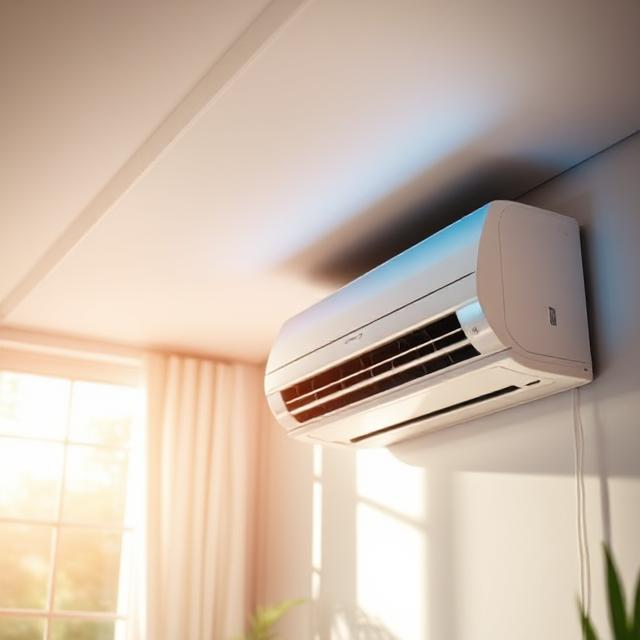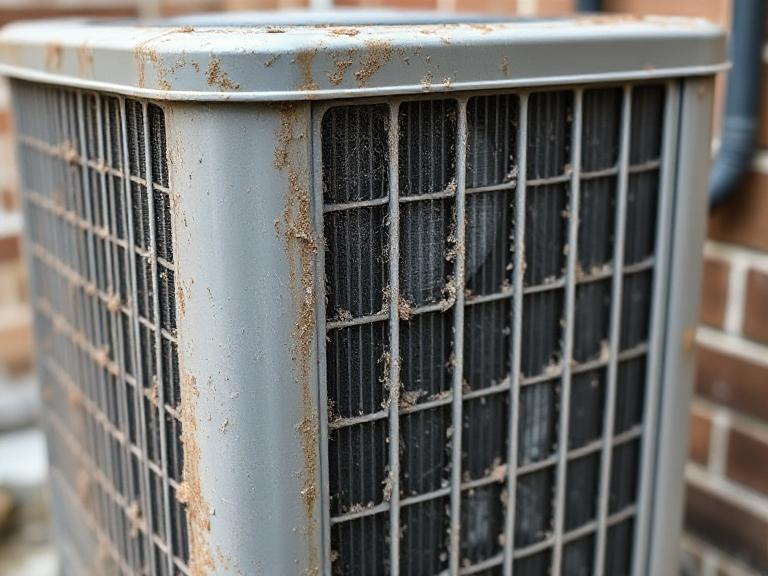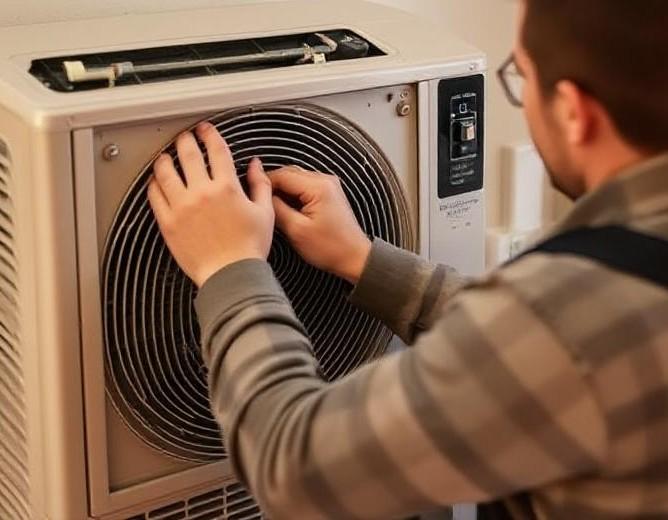How Do I Fix My Air Conditioner That Is Not Cooling?
Introduction
When the summer heat rolls in, your air conditioner becomes your best friend. But what happens when that trusty machine starts blowing warm air instead of the refreshing cool breeze you crave? This article will provide you with essential troubleshooting tips to help you understand and resolve issues best air conditioning replacement services Coachella with your air conditioner that isn't cooling. With these straightforward steps, you can either fix the problem yourself or gather the necessary information to communicate effectively with a professional for air conditioner repair.
Understanding Your Air Conditioner
How Does an Air Conditioner Work?
Air conditioners are marvels of engineering that work by transferring heat from inside your home to the outside. The process involves several key components:
- Refrigerant: A chemical compound that absorbs and releases heat.
- Compressor: Compresses the refrigerant and circulates it through the system.
- Condenser Coils: Release heat from the refrigerant into the outside air.
- Evaporator Coils: Absorb heat from indoor air, providing a cooling effect.
Understanding this basic operation helps identify potential issues when your unit fails to cool effectively.
Common Types of Air Conditioners
Familiarity with different types of air conditioning units can assist in diagnosing problems:
Each type has its unique features and common issues.
Troubleshooting Tips: How to Fix Your Air Conditioner That Isn't Cooling
Check the Thermostat Settings
One of the simplest troubleshooting steps is checking your thermostat settings. Is it set to 'cool'? Is it at a reasonable temperature? Sometimes, users accidentally switch their thermostats to 'heat' mode or forget to lower the temperature setting.
Inspect Your Air Filter
Why is It Important?
A clogged or dirty air filter restricts airflow, making it difficult for your system to cool effectively.

How to Change It?
Regularly changing your filter every 1-3 months can greatly enhance efficiency.
Examine Your Outdoor Unit
Your outdoor unit is essential for cooling performance; if it's obstructed or dirty, it can hinder functionality.
Steps to Clean:
- Remove debris such as leaves, dirt, and twigs.
- Ensure there's at least two feet of clearance around the unit.
- Hose down any accumulated grime on the coils gently.
Look for Refrigerant Leaks
Low refrigerant levels can lead to inefficient cooling. If you suspect a leak:

If you find any signs of leakage, contact a professional for air conditioner repair immediately; handling refrigerants requires certification due to safety regulations.
Diagnosing Common Issues
Unit Runs but Doesn’t Cool
If your AC unit runs but fails to cool effectively:
- Check thermostat settings again.
- Inspect ductwork for leaks—damaged ducts can lose cooled air before reaching rooms.
Strange Noises Coming From Unit
Unusual noises might indicate mechanical failure:
- Banging or clanking could suggest loose components.
- High-pitched squeals may point toward a malfunctioning motor or fan belt.
These symptoms often require professional attention.
Water Leakage Around Unit
Water pooling around your indoor or outdoor unit often indicates blocked drainage channels or frozen evaporator coils due to low refrigerant levels. Address this promptly as standing water can lead to mold growth and damage.
Advanced Troubleshooting Techniques
Test Electrical Components
Faulty wiring and electrical components can prevent proper functioning:
- Inspect fuses and circuit breakers—their failure could cut off power supply.
Safety First!
Always turn off electricity at the breaker box before inspecting electrical components!
Evaluate Insulation Quality
Inadequate insulation affects temperature retention within your home:
Improving insulation can be a game-changer in energy efficiency!
When To Call For Professional Help?
While many minor issues are manageable independently, some situations warrant immediate professional intervention:
Knowing when it's time to call an expert ensures long-term health for your air conditioning system.
FAQs About Air Conditioner Troubleshooting
1. What should I do if my AC won't turn on?
Ensure that the thermostat is set correctly and check circuit breakers for tripped fuses before calling for professional help.
2. How often should I change my air filter?
Typically, every 1–3 months depending on usage and whether you have pets in the home.

3. Can I recharge my AC's refrigerant myself?
No! Handling refrigerants requires specific training due to environmental regulations; always consult a certified technician.
4. What causes an AC unit to freeze up?
Low airflow caused by dirty filters or blocked ducts often results in ice formation on coils—address airflow issues promptly!
5. Is it normal for my AC unit to make noise?
Some operational noise is normal; however, loud or unusual sounds may indicate mechanical problems requiring inspection by professionals.
6. How do I maintain my AC during winter months?
Cover outside units with protective tarps and ensure indoor units are cleaned thoroughly before prolonged non-use periods during colder weather.
Conclusion
You don’t have to sweat bullets when your air conditioner isn't cooling! With these troubleshooting tips at hand, you'll be equipped not only with knowledge but also confidence regarding how best to handle potential issues yourself or relay information accurately when seeking professional assistance with repairs needed on your unit! Remember—keeping up with routine maintenance is critical for optimum performance year-round!